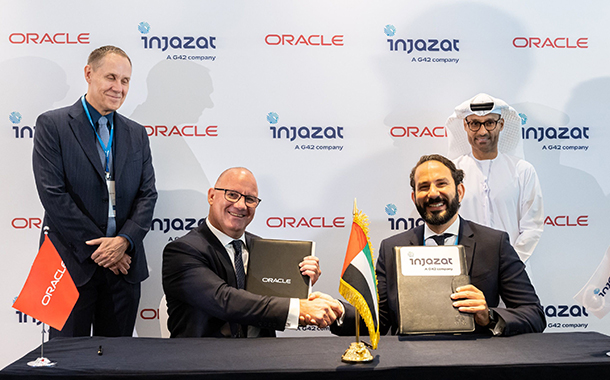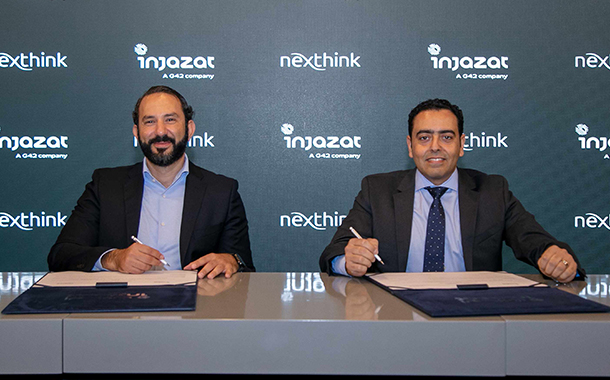Data is the backbone of the digital economy and depends on clean data and large volumes. Smart Cities can only function if they are interconnected through millions of devices. Devices that create immense amounts of data that need to be stored, processed, and analysed for the data to provide value and insights to the organisation.
Without designing a proper data storage strategy, data can literally become worthless. The enterprise big data warehouse manages and retrieves the data and is allowed to perform tasks efficiently on large and complex datasets.
Secure storage and the management of data and critical IT assets cannot be overestimated. Today, breaches to sensitive user data can not only cause immediate and irreversible damage to a business but cause reputational issues for years to come.
Handling great amounts of data, in which ever form, comes with great responsibilities. Breaches to sensitive user data can cause real challenges to organisations and currently remains one of the greatest limitations.
Once the foundation of the data repositories is established, it can then provide unlimited competitive advantage to the organisations, that is a 360-degree view of the organisation, sales forecasting, abnormal patterns detection, machine learning and for business process optimisation.
Accelerated by the pandemic and the UAE Government’s vision to become a leader in the digital economy, Injazat see positive developments in sectors like healthcare, education, smart cities, and energy and utilities.
Since a number of years Injazat seeks to drive the development of those sectors. Through the launch of successful projects, such as Malaffi and Hassantuk, Injazat was able to create digital platforms that help drive some of those sectors, creating value for the communities.
Yet another example of Injazat’s work is its recent partnership with the Department of Health, Abu Dhabi. Jointly Injazat has developed a remote care application that helps track Covid-19 cases and offers remote advice to patients across Abu Dhabi and UAE.
In financial sector, big data can help create 360-degree view of a customers by pulling data from multiple sources and enabling users to receive near real-time data and perform analysis to identify opportunities of cross-selling and even detect fraud. Another example would be the management and processing of real time streaming data for analytics, mainly used by the telecommunications industry.
Injazat, supports its customers in mitigating those risks, through a Tier IV Datacentre in Abu Dhabi, offering the highest levels of uptime, resilience and security. Injazat operates a Tier III+ Datacentre in Dubai.
Along with offering an extensive range of cloud, enterprise applications and managed services to clients in the UAE and across the region, its Datacentre allows Injazat to provide colocation services, for organisations that prefer or are required to use their own servers.
Injazat offers customers a number of solutions that enable them to minimise those limitations. The Managed Cyber Defense service for example provides vigilance 24×7 for clients, offering robust defense mechanisms and monitoring services. While Managed Security services provide clients with the option to manage their own infrastructure or provide it externally.
The Cyber Security Advisory and Consultancy services are a specialised offering for organisation’s senior managers and IT professionals to receive a holistic assessment of their IT architecture, which will then inform their digital strategies in line with the organisations business objectives.




















